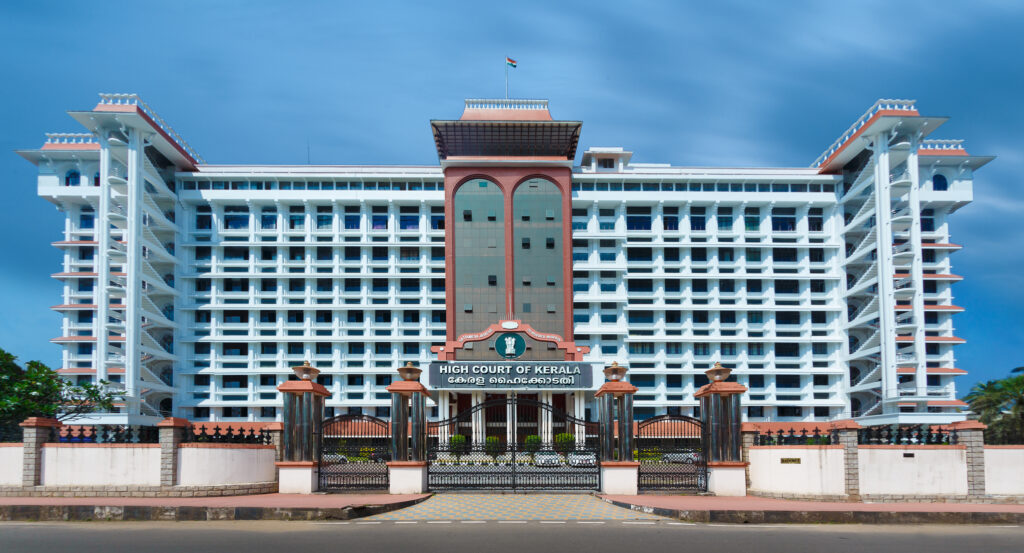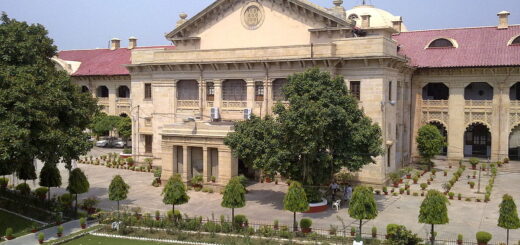Kerala High Court: It is not appropriate to keep vulnerable witnesses away from defense lawyers unless there are special circumstances.

The Kerala High Court noted that a Defense Counsel can only be restricted from interacting with a witness if they misuse their freedom by making gestures or facial expressions that make the witness uncomfortable. In such cases, the Special Court has the authority to take necessary actions to protect the witness. This observation came while reviewing a Petition from an Accused facing charges under Sections 452 and 354 A(i) of the Penal Code, as well as Section 10, in conjunction with Section 9(m) of the Protection of Children from Sexual Offences Act. Justice C. Jayachandran stated that if a defense counsel behaves inappropriately, the Special Court should first issue a warning. If the behavior continues, the Court can justifiably take steps to separate the witness from the defense counsel, not due to any law, but because the counsel has misused their rights.
The Petitioner was represented by Advocate Nirmal S., while Advocate Sunil Jacob Jose represented the Respondent. The Petition raised concerns about the process of examining a child witness, seeking two specific remedies. Given the importance of the issue, the Court ordered the High Court of Kerala to be added as an additional respondent. This was done, and a counter was submitted, which included the “Guidelines for Recording of Evidence of Vulnerable Witnesses, 2024,” issued by the High Court following the Supreme Court’s ruling in Smruti Tukaram Badade v. State of Maharashtra.
The Petitioner’s Counsel argued that Section 33(2) of the P.O.C.S.O Act requires questions in cross-examination to go through the Special Court, but this is not a strict rule. The Counsel explained that the word ‘shall’ in this section does not necessarily mean it must be followed. They claimed that preventing the Counsel from asking questions directly to the child witness would violate the accused’s right to a fair trial. Therefore, they requested permission for the Petitioner’s Counsel to question the witness directly. Regarding the second issue of screening the witness from the Defense Lawyer, the Counsel stated that this would also violate the accused’s right to a fair trial. They noted that neither Section 36 nor the High Court’s guidelines prohibit screening witnesses from the accused’s counsel, only from the accused themselves. The Counsel emphasized that observing the witness’s demeanor is crucial for effective cross-examination, and without this, the accused’s rights would be at risk. They referred to clause (3) of the guidelines, which protects the accused’s right to a fair trial, and clause (24), which states that any gesture from a vulnerable witness should be considered by the Judge.
He noted that if the defense counsel cannot see the gesture made by a child witness, the meaning of that gesture will not be clear to the Counsel. Therefore, there should be no barrier between the Counsel and the vulnerable witness. The Court can also provide support like screens based on clause (21), which allows action either on its own or through a request from the vulnerable witness, prosecutor, or counsel. However, the Respondent’s Counsel argued that the restriction in Section 33(2) is strict, as indicated by the word ‘shall’, meaning the request to let the defense counsel ask questions directly to the vulnerable witness cannot be allowed.
Initially, the Court asked if there is any rule in the main Act or guidelines that stops the defense counsel from seeing the vulnerable witness, and the answer was no. The Court found some points in favor of the petitioner and some against. Regarding the first request to allow the defense counsel to question the child witness directly, the Court stated that this is clearly prohibited by Section 33(2) of the P.O.C.S.O Act and clause (21) of the guidelines. It is important to note that these guidelines were established by the High Court following the Supreme Court’s directions in Smruti Tukaram Badade and in line with new criminal laws. The petitioner’s counsel argued that the word ‘shall’ in Section 33(2) does not imply it is mandatory, but the Court disagreed.
The Court noted that the second relief involves the placement of a screen due to past cases where some defense attorneys displayed unsettling facial expressions or gestures that disturbed child witnesses. The Court determined that if a defense attorney misuses their freedom by making gestures that make a witness uncomfortable, the Special Court can take necessary steps to shield the witness from them. However, it emphasized that this is not legal except in specific situations like the one mentioned. The Court stated, “As a general rule, it is neither legal nor appropriate to screen vulnerable witnesses from the defense counsel, except in exceptional circumstances based on individual facts. This benefit can also apply to the prosecutor during the chief examination.” The Petition was therefore granted.
Cause Title: Abdul Azeez vs. State of Kerala (2025:KER:8272)
Appearances:
Petitioner: Advocate Nirmal S., Advocate Veena Hari
Respondent: Advocate Sunil Jacob Jose, Special Government Pleader, Additional Public Prosecutor Sajuu S.









